The value of diversity is self-evident; when talented people bring varying perspectives to bear on complex problems, innovation flourishes and richer solutions arise. It’s a powerful recipe for addressing today’s toughest medical challenges.
Mirroring a university-wide effort, the Department of Surgery has made a major commitment to embracing several core values that support a culture of diversity. As a result, the department is building an increasingly diverse faculty, a broader research portfolio, and an environment that fosters optimal patient care and faculty satisfaction.
Despite progress, much work remains, through ongoing, intentional effort. The desired outcome: a department well prepared to solve the health care challenges of tomorrow.
Core Values
Addressing Disparities
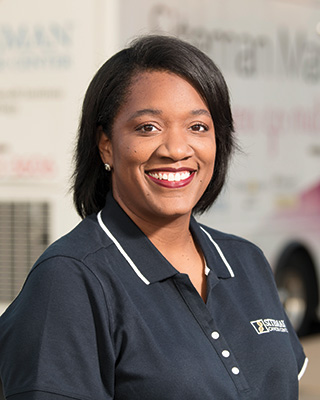
Bettina Drake, PhD, MPH
Bettina Drake, PhD, MPH, and others in the Division of Public Health Sciences are leading the charge in addressing health care disparities through research and community engagement.
Broad Promotion Criteria
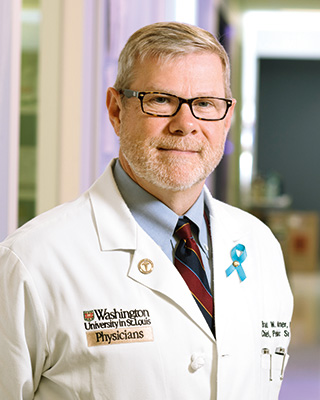
Brad Warner, MD
To attract and retain a diverse faculty, department leaders such as Brad Warner, MD, reward contributions in all missions: education, patient care and research.
Fostering Leadership

Sam Bhayani, MD
Urologic surgeon Sam Bhayani, MD, is a product of concerted departmental efforts to build successful leaders and provide leadership opportunities.
Leadership Training

Tiffany Osborn, MD, MPH
Emergency medicine physician Tiffany Osborn, MD, MPH, is among those leading the effort to provide leadership training — central to fostering an inclusive, supportive environment.
Mentorship
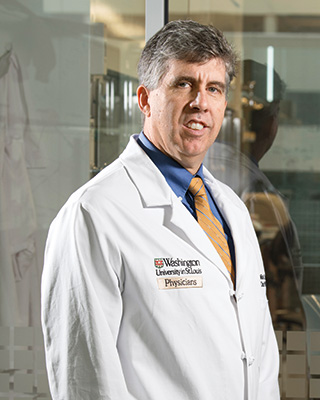
William Hawkins, MD
To foster a healthy environment for attracting and retaining young talent, the department expects all faculty to be strong mentors. William Hawkins, MD, is a prime example.
Psychological Safety

Alec Patterson, MD
Efforts over the past decade led by Alec Patterson, MD, have promoted psychological safety — the concept that members of a team should feel safe sharing ideas and concerns.
Recruiting Diversity
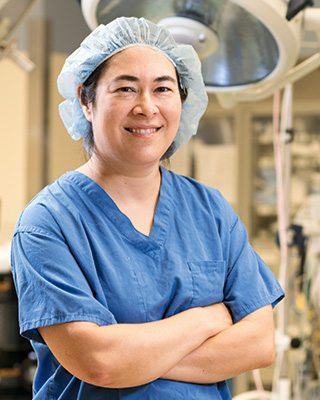
Ida Fox, MD
The department fosters excellence in part by recruiting diversity in all forms. Ida Fox, MD, and her plastic surgery colleagues are a prime example, representing diversity of gender, age, ethnicity and research interests.
Serving a Diverse Population

Rebecca Aft, MD, PhD
Researchers such as Rebecca Aft, MD, PhD, are working to ensure that the diversity of the department’s patient population is represented in its clinical trials — a necessity for ensuring that medical research benefits everyone.
Work-Life Balance
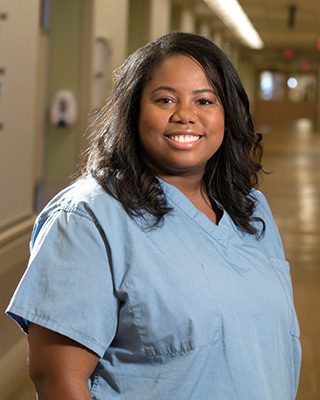
Leisha Elmore, MD
Institutional support for work-life balance allows faculty and trainees to contribute on flexible terms. Resident Leisha Elmore, MD, extends the effort through her research on resident burnout.